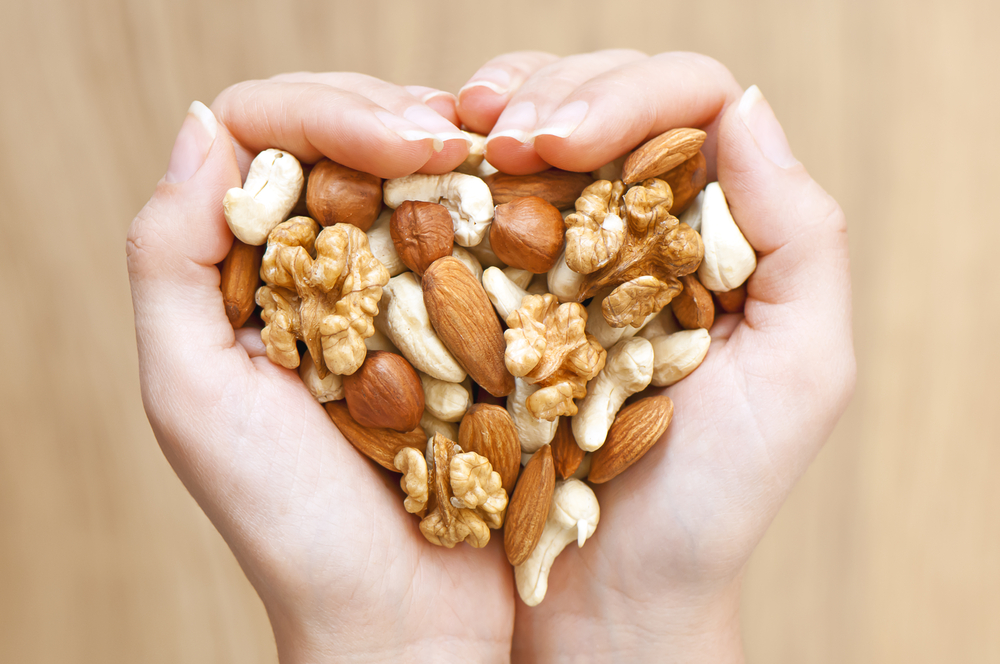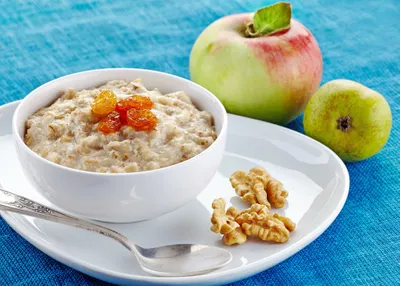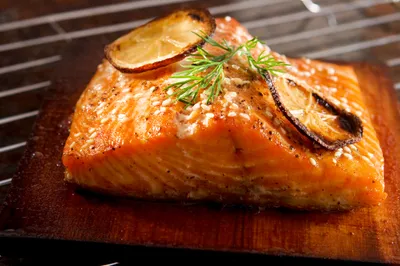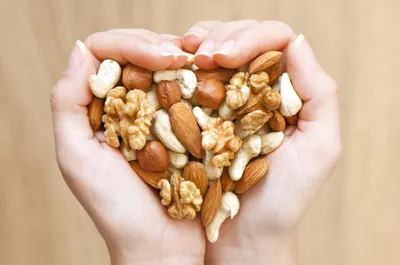If cardiovascular disease runs in your family history then prevention should be part of your every day lifestyle. Balanced blood pressure and cholesterol levels—by incorporating daily physical exercise, healthy diet, quitting smoking, and curbing excess drinking—are all vital in the effort to thwart a stroke or heart attack.
After all, it’s the minor changes, like these, that make the biggest impact on your heart health…
1. Start Your Day Off Right
You should always eat breakfast and you should always make that breakfast as healthful and nutritious as possible—by eating fresh fruit, lean proteins (eggs, Greek yogurt, and low fat dairy), and complex whole grains (i.e., oats and whole grain cereals).
2. Curb Sugar Intake
Concentrate your sweet tooth on a few, natural and high quality sweeteners (i.e., honey, dark chocolate, carob, or maple syrup) rather than on large amounts of refined, processed sweets. That should include refined sugar from soda, sweetened juices, energy drinks, and coffees, which hide sugar and make it easily consumable in liquid form.
3. Eat Fresh Fruits & Veggies
Eating plenty of fruits and vegetables in a day will fill you up (with fiber) and help curb hunger cravings for processed foods with a ton of added sugar, calories, and fats. If you’re worried about cost, buy inexpensive frozen foods off-season and shop at farmer’s markets in season.
4. Maintain Hygiene
I don’t mean for you to become hyper-vigilant with the cleaning products, just be sure to brush your teeth, wash your hands as well as any fresh foods or cooking/prep surfaces to protect your body from flu germs and bacteria, which can cause heart-damaging infections.
5. Take Time Out
Take a breather to yourself each day. This moment of me-time should be used to breathe, relax, and unwind, particularly if your life is stress-heavy. A mere hour to yourself (i.e., for a yoga class, mediation, or a leisurely walk to clear your head) can calm nerves and help decrease blood pressure.
6. Give Thanks
Take the time each day to be thankful for the positive aspects in your life—for instance, your home, your job, your family, a supportive partner, or a friend. Acknowledgment of your blessings will put you in a positive state of mind and banish the type of negativity, cynicism, anger, and bitterness that can contribute to stress, high blood pressure, and heart disease.
7. Dine on Seafood
It’s perfectly fine if you’re a meat-lover. After all, it’s all about what kind of meat you dine on. While diet rich in red meat can lead to heart issues—a diet rich in lean cuts of fish (i.e., salmon and tuna) delivers heart-healthy fats while remaining low in calories…and on the waistline.
8. Pump Some Iron
You don’t have to slug huge dumbbells to provide the type of resistance training that strengthens your muscles and heart. Start off with body weight exercises or light hand weights (i.e., interval training or a yoga class).
9. Incorporate Cardio
Cardiovascular exercise, as little as 30-minutes each day, should be part of your heart-hearted regimen, particularly if you’re carrying around a few extra pounds and/or heart disease runs in your family. Start by taking a leisurely walk each day (i.e., on your lunch break or after dinner) and work your way up to more strenuous exercise.
10. Nosh on Nuts
A handful of unsalted, raw nuts (i.e., pecans, almonds, peanuts, and walnuts) is great for your ticker because it contains healthy omega-3s (or alpha-linolenic acid called ALA), a type of essential fatty acids. Incorporate nuts into your daily snacks, breakfasts (i.e., on oats), lunch (i.e.., on salads), and dinner (i.e.., in stir-fries).













